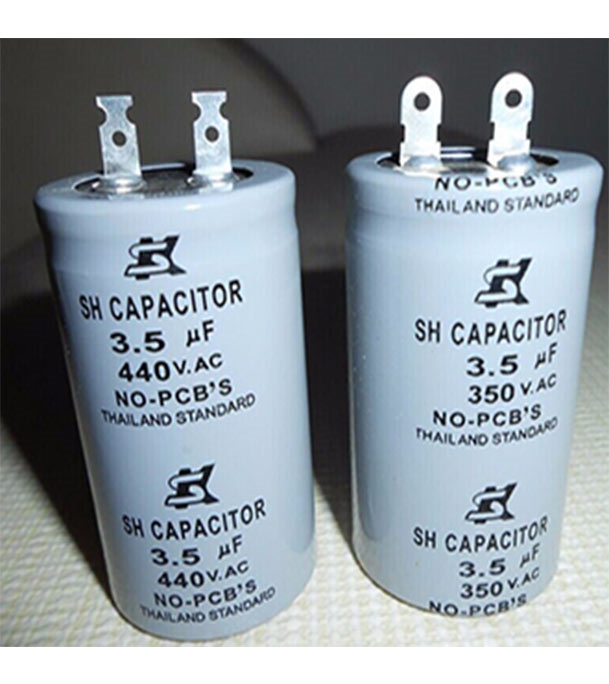Capacitors are fundamental components in electronic circuits that play a crucial role in regulating voltage. Understanding how capacitors affect voltage is essential for engineers, technicians, and enthusiasts alike. In this article, we will delve into the intricate workings of capacitors and explore their impact on voltage in various applications.
- Capacitor Basics:
To comprehend the influence of capacitors on voltage, we must first grasp their fundamental principles. Capacitors store electrical energy in an electric field, consisting of two conductive plates separated by an insulating material known as a dielectric. When a voltage is applied across the plates, charge accumulates, creating an electric field between them. - Voltage Regulation:
Capacitors have the remarkable ability to regulate voltage fluctuations in electronic circuits. By storing and releasing electrical energy, capacitors can smooth out voltage spikes and provide a stable power supply. They act as a buffer, absorbing excess voltage during surges and supplying additional voltage during drops, ensuring a consistent and reliable electrical flow. - Filtering and Decoupling:
Capacitors are extensively used for filtering and decoupling purposes. In power supply circuits, capacitors are strategically placed to filter out high-frequency noise and ripple voltage, resulting in cleaner and more stable DC voltage output. Additionally, decoupling capacitors are employed near integrated circuits to minimize voltage fluctuations caused by sudden changes in current demand, enhancing overall circuit performance. - Time Constants and Charging/Discharging:
The time constant of a capacitor determines the rate at which it charges or discharges. This characteristic is crucial in various applications. For instance, in timing circuits, capacitors in conjunction with resistors can be used to create precise time delays. Understanding the relationship between capacitance, resistance, and voltage allows engineers to design circuits with specific timing requirements. - Energy Storage and Power Factor Correction:
Capacitors are extensively utilized for energy storage in applications such as flash photography, power backup systems, and electric vehicles. They store electrical energy when the power demand is low and release it rapidly when needed. Moreover, capacitors are employed in power factor correction circuits to improve the efficiency of electrical systems by reducing reactive power and optimizing voltage utilization.
Conclusion:
Capacitors have a profound impact on voltage regulation, filtering, timing, energy storage, and power factor correction. Their ability to store and release electrical energy makes them indispensable in numerous electronic applications. By understanding the intricate relationship between capacitors and voltage, engineers can design robust and efficient circuits that meet the demands of modern technology.





